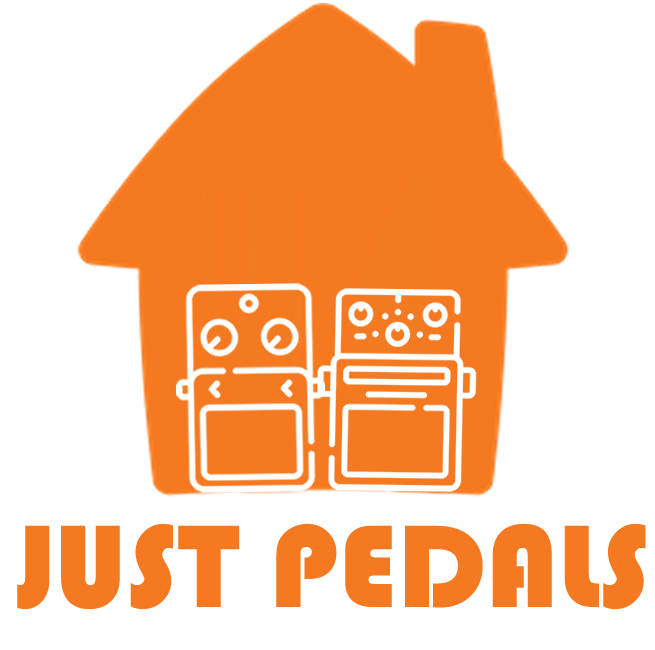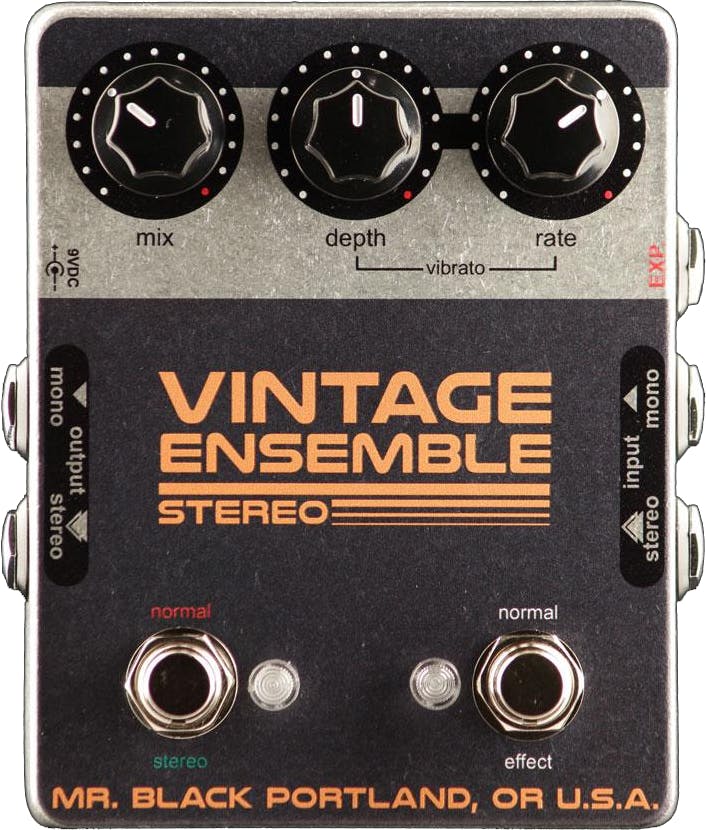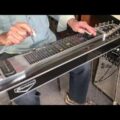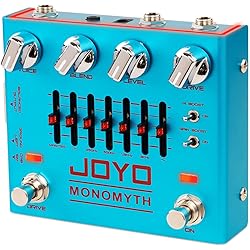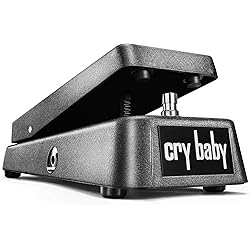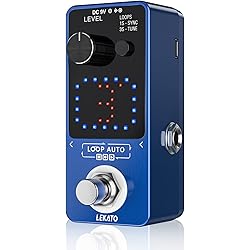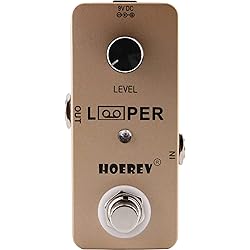Just – Guitar Effect Pedal Videos – Jeffrey Epstein Guitar Pedal
Just – Guitar Effect Pedal Vids – Jeffrey Epstein Guitar Pedal
JOYO Bass Guitar Pedals Overdrive Amp Simulator Effect Pedal with EQ and Noise Reduction for Bassist Electric Guitar Bass (MONOMYTH R-26)
£75.99
Bass preamp analog pedal that simulates real amplifier tone and optimum response with multiple tone-sculpting options. High dynamic 6-band graphic EQ control, precisely enhance tone for bass guitarists in recording sessions, stage performance, etc. D… read more
LEKATO Guitar Looper,Built-in Tuner,Bass Loop Effect Pedal(9 Loop Tracks,Max 40 Minutes Overdub Recording) Electric Guitar Loop Machine,Musicial Gears for Guitars/Bass/Keyboard/Drum
£56.99 £41.78
♬LONG MEMORY: This LEKATO guitar looper creates complex, layered music with up to 9 independent tracks.And the single loop recording time is 10 minutes, total recording time up to 40 minutes, allowing you to record, overdub, and play back loops in re… read more
JOYO Overdrive Distortion Pedal Rich Bordering-on-Distortion Overdrive for Electric Guitar Effect – Bypass (Ultimate Drive JF-02)
£27.99 £23.79
JOYO Ultimate Drive gives you rich bordering-on-distortion overdrive, surpassing what a diode tube amp can provide. It's great for feedback, picking out your guitar's natural harmonics effortlessly and the high/low switch will give you that extra kic… read more
Jim Dunlop The Original Crybaby Pedal GCB 95
£104.99 £88.00
Heavy die cast construction for years of reliability The original crybaby wah wah pedal that has been a standard in the world of music since its introduction in the late 1960's 100k ohm hot potz potentiometer that allows for that quick, abrupt wah so… read more
LEKATO Triple Guitar Looper Built-in Tuner Synchronous Recording Electric Auto Guitar Loop Effect Pedal Unlimited Overdub 18 Minutes Recording Time Looper Station for Guitars Bass Keyboard
£49.99
【Synchronous Recording & Tuner Function】LEKATO guitar looper with synchronous recording mode that can enter the recording state at any time during playback to avoid missing any moment. And it built-in high sensitivity tuning function. Continuous swit… read more
HOEREV Guitar Mini Looper Pedal
£36.99 £30.99
Looper,Recording Time:5 Minutes, 48k high quality voice .Sampling :24bit. With USB for uploading and downloading. 1. Please pay attention :it doesn't include a power supply. 2. Please make sure your pedal is connected to an DC adapter with 9V voltage… read more
